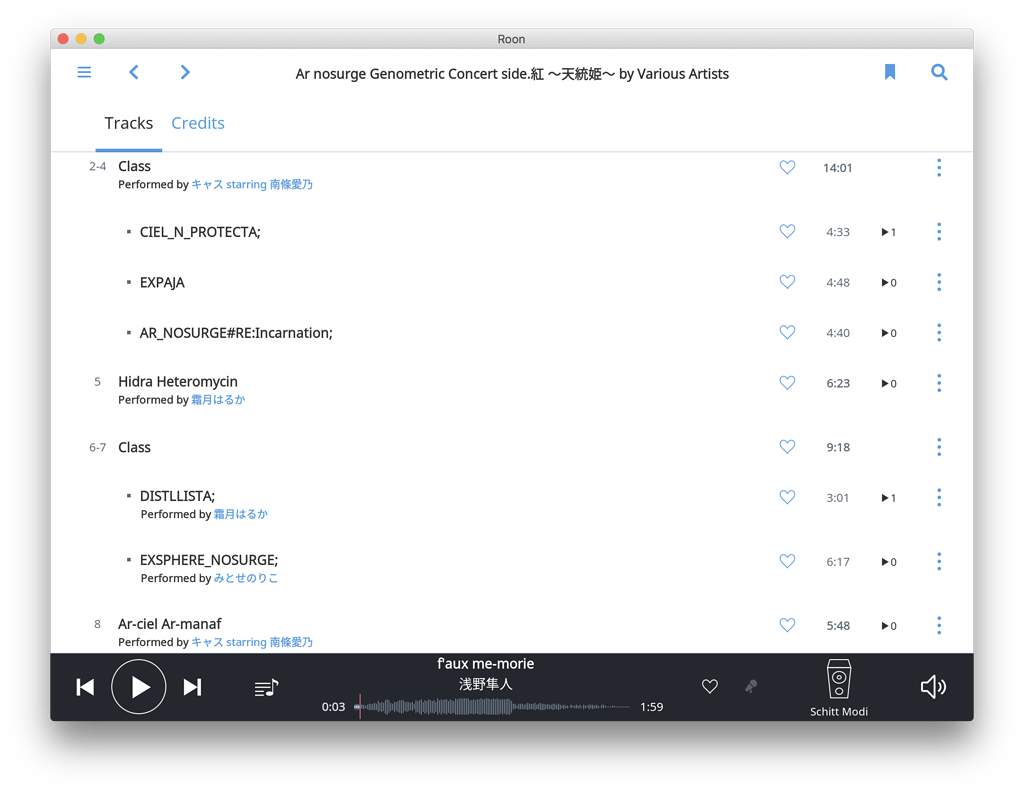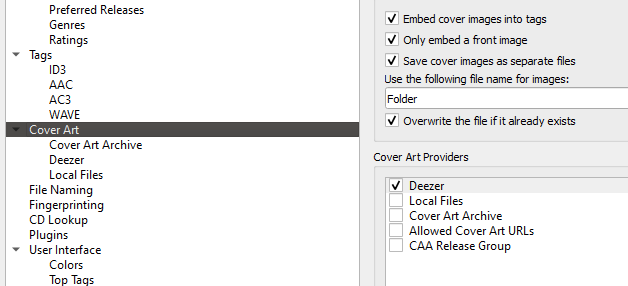

This is obviously redundant information: a festival taking place in stadium A will already have that as its address. We should consider if we need location-to-location relationships, to say that "Festival X" happened at "Stadium X" this could cause, for instance, the address to be copied/linked from one location to another. Sometimes a "festival" is performed in a location of the other kinds, for example on a stadium where other concerts were held independently of the festival.Since many concerts are performed in such places, it is necessary to be able to retain everything together. "Festival" - often many concerts are performed in a certain location that doesn't have any specific use outside the concert's duration.We may want a list of options or use an annotation to be more precise. This includes concert halls, theaters & amphitheaters, stadiums, clubs. "Venue" - this is for places usually specialized for "artistic events" like concerts."Recording Studio" - this is probably going to be used often for the recording place of "normal" albums, singles and EPs.There are many kinds of possible "locations" we need to enter, so it is important that this field be well thought out.

#MUSICBRAINZ PICARD PROBLEM PULLING SONG FROM ORIGINAL ALBUM FULL#
One of the suggestions for the Summer of Code is full location support, which would probably help quite much to be able to later add entities for recording and live venues for example.- Reosarevok 21:37, 2 February 2012 (UTC)

We should have also aliases because some locations are certainly known under multiple names.As well, for things like "John Doe home", which we'll probably have in quantity, we'll need some styleguide also. We'll probably need some styleguides to rationalize names for places known only by their addresses.It will certainly need a "comment" to distinguish between same-named objects. The name is an identifier similar to what the Artists and Labels have. The "location" object resulting from this proposal will be used similarly to the Label objects used in the "release" fields of a release.Įnter below a list of features such an object will need. For example, we would like to record the studio where an album was recorded, or the venue where a concert was performed. We found it is often useful to record a physical location related to tracks and releases in MusicBrainz. 4 Expansion of LocationProposal / Benefits of LocationProposal.The album has been reissued in digitally remastered form by PolyGram/Universal Music four times first in 1997, then in 2001, in 2005 as part of The Complete Studio Recordings box set and again in 2007 as a two disc 'Deluxe Edition'. It was released in Scandinavia on 12 December 1977 through Polar Music, (.)ĪBBA: The Album was first released on CD in 1984. Would also be best when creating playlists (eg, best-of-2001 would not include Abba -)ĪBBA: The Album is the fifth studio album by the Swedish pop group ABBA. My suggestion is even to pull the 1977 data for those who bought the CD version as it will otherwise be very confusing if you list by year (and a very old re-mastered album may show as the latest and greatest). The information is available form the API.īelow the information from wikipedia. My suggestion is pull the "Original release date" from musicbrainz (not the "release date", but the "original release date"). I did not find out where this release date comes from. Unfortunately, MBS states the release date to be. This is the original release date and is an information, which is available through the Musicbrainz API. I have the album "ABBA - The Album", which was originally released at.


 0 kommentar(er)
0 kommentar(er)
